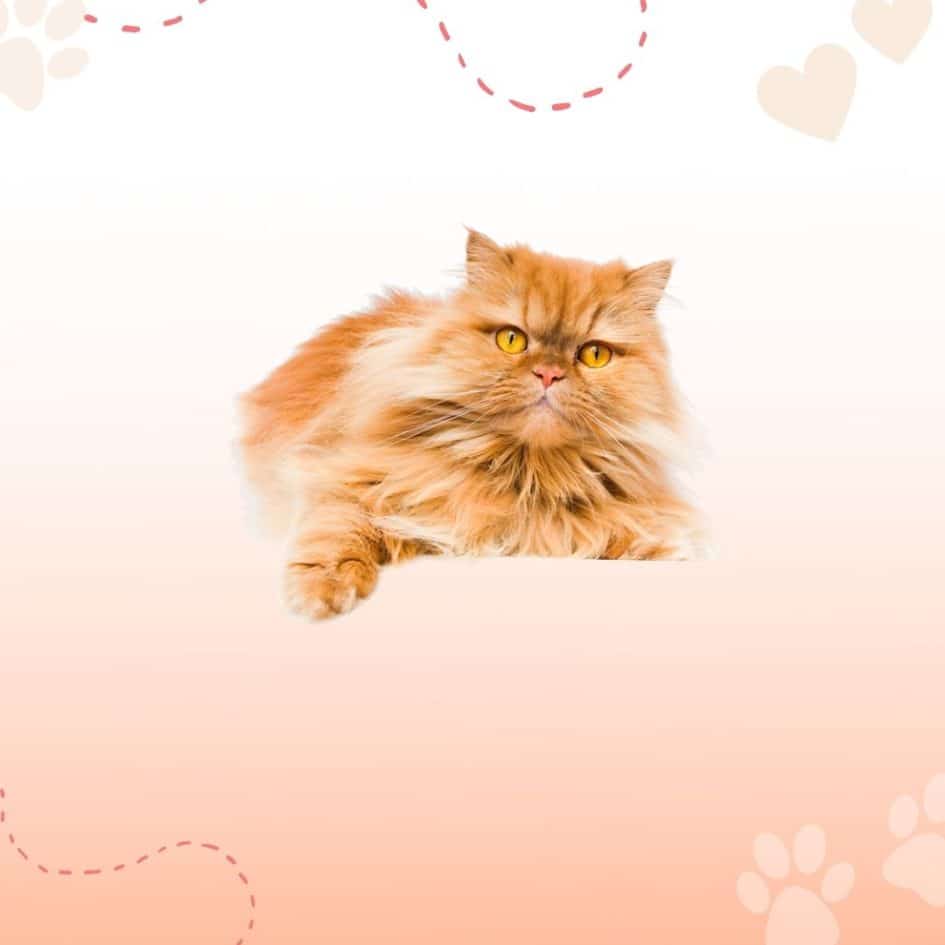

What to Do in Case of Cats’ Diarrhea with Blood
Cats' diarrhea with blood can be really scary for pet owners. In such cases, you should follow the steps outlined here.
Finding cats’ diarrhea with blood can be terrifying, and it’s natural to assume that it always means anything severe. However, there are a variety of reasons why the cat’s diarrhea may include blood, and most of them are simply remedied. Food allergies or ingesting something inappropriate, illness, parasites, drug reactions, anal gland disorders, and colitis are all possible causes of blood in cat feces (inflammation in the large intestine).
If you’ve just moved home or it’s fireworks season, even tension might induce blood in your cat’s feces. Pancreatitis, toxicity (such as swallowing rat poison), cancer, or a blood condition are all possibilities. While many of these reasons are minor, some are life-threatening and need immediate medical attention, so always see a veterinarian.
Causes of The Diarrhea
Diarrhea may be caused by an illness of the intestinal tract (primary intestinal condition) or, less usually, a condition affecting other organs (systemic disease) that affects the gut (e.g., kidney or liver disease). The majority of diarrhea cases are caused by a basic intestinal infection.
If you’re wondering why there’s blood in your diarrhea, it might be due to diarrhea itself. Diarrhea may irritate the lower gastrointestinal tract’s lining, resulting in bleeding. If your cat is suffering from diarrhea or loose stools, it may become bloody after a few days.
Many instances of diarrhea are minor, transient (lasting just a few days), and resolve on their own. A particular underlying ailment is seldom discovered in these situations, and cats may improve on their own or react to supportive and symptomatic therapy. In certain circumstances, particularly when diarrhea is severe or persistent, investigations may be required to discover the root cause and the best course of action.
The following are some of the most prevalent causes of diarrhea:
Diet -Mild and temporary diarrhea is often caused by a rapid diet change or the addition of a new meal (or scavenging/hunting food outdoors). As the gut adjusts to the new diet, this usually subsides. This is especially prevalent in younger cats, and when hand-reared or weaning kittens, using non-cat-specific foods or overfeeding are typical blunders that may result in diarrhea. Older cats (particularly those that venture outdoors) may swallow bad (decayed) meat, resulting in diarrhea. Some cats are sensitive to specific foods, and diarrhea will not go away until the diet is altered – a great example is that several cats are sensitive to the lactose (sugar) found in milk.
Infectious causes -diarrhea in cats may be caused by a number of infectious pathogens. Viruses (typically producing mild and temporary diarrhea), bacteria (including Campylobacter and Salmonella), and parasites (such as feline parvovirus and feline leukemia virus) are among them (such as Tritrichomonas, Giardia, and coccidia). Infectious agents often afflict many cats in a home, and they are more prevalent in younger cats.
Dietary allergy -although not prevalent, some cats may acquire allergies (hypersensitivity) to anything in their food (typically a protein). Rather than being connected with a sudden change in diet, this frequently occurs after a meal has been provided for a long time.
Inflammatory bowel disease (IBD) is a broad name for a collection of illnesses in cats that cause chronic (long-term) diarrhea and/or vomiting. It’s a rather frequent cause of persistent diarrhea, and it’s linked to a lot of inflammation in the gut wall.
Tumors of the intestine —are more prevalent in elderly cats. Lymphoma and adenocarcinoma are the two most prevalent tumors in the gut. They may induce sickness and clinical symptoms by interfering with regular food absorption and producing partial intestinal blockage.
Benign growths and polyps— while rare, benign polyps or growths may form in the gut and cause sickness by gradually obstructing food flow.
Pancreatic insufficiency – pancreatic insufficiency is a common cause of diarrhea in canines, although it is uncommon in cats. However, the pancreas is in charge of creating vital digestive enzymes, and if these aren’t created (pancreatic insufficiency), diarrhea will occur since food won’t be digested correctly.
Vitamin B12 insufficiency – Although the cause of chronic diarrhea in felines is unknown, there is a link between vitamin B12 or cobalamin deficiency and chronic diarrhea. Before their diarrhea clears up, these cats may require vitamin B12 replacement medication.
Systemic illnesses – while they are a less prevalent reason for diarrhea than primary intestinal disease, they are essential to examine. Hyperthyroidism (an overactive thyroid gland), renal disease, and liver illness are examples of systemic disorders that may impact the bowel and produce diarrhea.
What Will the Vet Do to Figure Out What’s Causing Bloody Diarrhea in My Cats?
Medical history, microscopic fecal study, and physical examination may all be used to identify most of these issues. Blood, germs, parasites, and other signs of the cause will be examined by your veterinarian. X-rays, ultrasounds, and urine or blood tests will be performed in severe situations. The treatment will be determined by the precise diagnosis.
If you find anything unusual in your cat’s excrement, get veterinarian assistance right once. I’ve seen far too many cats that were too late to assist because their guardian assumed the problem would go away on its own. Keep an eye on your cat’s litter box; that’s my best tip. You don’t have to inform anybody; I’ll keep your secret secure.
Discover how to create a joyful, healthy home for your pet.
Subscribe to your weekly rundown of practice, real life ideas and training tips straight to your inbox.


